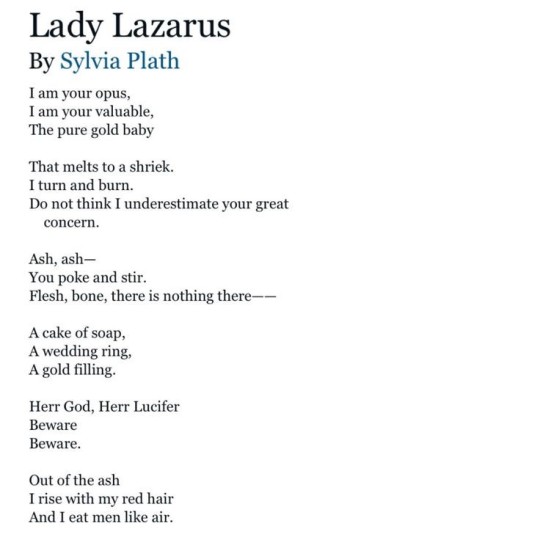Text
The pain inflicted by a tongue lashing/whaz
Nevermind thats it thats the thing the thing happened oh god hold me oh god oh god
Ing ung ing ung ing ung
The sleep that comes inside the hold of her
Tell me when you feel a little blue
Oh! And yet! Oh! His thumbs!
Inky boy who dreams of the deep dark wood
Metamorphosis of browns and the hiss of his blood
Lets us drink him - soft - as the night is good
#poetry#i wrote this a lot of months ago now and just found it in notes i need to stop leaving stuff in notes floating about in void#where i can’t find them
1 note
·
View note
Text

Perhaps it isn't love when I say you are what I love the most- you are the knife I turn inside myself, this is love. This, my dear, is love.
–Franz Kafka
Credit: the picture is from Pinterest
336 notes
·
View notes
Text
If I could do girlhood again, I'd ask
to be scarier. Less whimpering--more pyromaniac
urges, more flirting with kerosene.
Sally Wen Mao, Drop-kick Aria
22 notes
·
View notes
Text

— Franz Kafka, from Letters to Milena (via lumamonchtuna)
11K notes
·
View notes
Text
The New York Times instructed journalists covering Israel’s war on the Gaza Strip to restrict the use of the terms “genocide” and “ethnic cleansing” and to “avoid” using the phrase “occupied territory” when describing Palestinian land, according to a copy of an internal memo obtained by The Intercept.
The memo also instructs reporters not to use the word Palestine “except in very rare cases” and to steer clear of the term “refugee camps��� to describe areas of Gaza historically settled by displaced Palestinians expelled from other parts of Palestine during previous Israeli–Arab wars. The areas are recognized by the United Nations as refugee camps and house hundreds of thousands of registered refugees.
The memo — written by Times standards editor Susan Wessling, international editor Philip Pan, and their deputies — “offers guidance about some terms and other issues we have grappled with since the start of the conflict in October.”
While the document is presented as an outline for maintaining objective journalistic principles in reporting on the Gaza war, several Times staffers told The Intercept that some of its contents show evidence of the paper’s deference to Israeli narratives.
[...]
Despite the memo’s framing as an effort to not employ incendiary language to describe killings “on all sides,” in the Times reporting on the Gaza war, such language has been used repeatedly to describe attacks against Israelis by Palestinians and almost never in the case of Israel’s large-scale killing of Palestinians.
In January, The Intercept published an analysis of New York Times, Washington Post, and Los Angeles Times coverage of the war from October 7 through November 24 — a period mostly before the new Times guidance was issued. The Intercept analysis showed that the major newspapers reserved terms like “slaughter,” “massacre,” and “horrific” almost exclusively for Israeli civilians killed by Palestinians, rather than for Palestinian civilians killed in Israeli attacks.
The analysis found that, as of November 24, the New York Times had described Israeli deaths as a “massacre” on 53 occasions and those of Palestinians just once. The ratio for the use of “slaughter” was 22 to 1, even as the documented number of Palestinians killed climbed to around 15,000.
1K notes
·
View notes
Text

Virginia Woolf, from a letter to Violet Dickinson written in October 1904
2K notes
·
View notes
Text
Male company. Sits in the ears
Crouches at your heels breathes out
Deeply on your face.
Hurls rocks of this is why
As you sit, or stand, breathless,
Here is a man man man man.
He might touch your waist
On his way by. Run rabbit run.
Meanwhile he burrows.
0 notes
Text
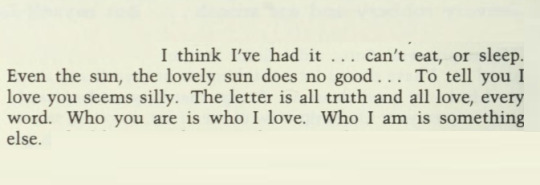
Anne Sexton, from a letter featured in Anne Sexton; A Self-Portrait In Letters
4K notes
·
View notes
Photo


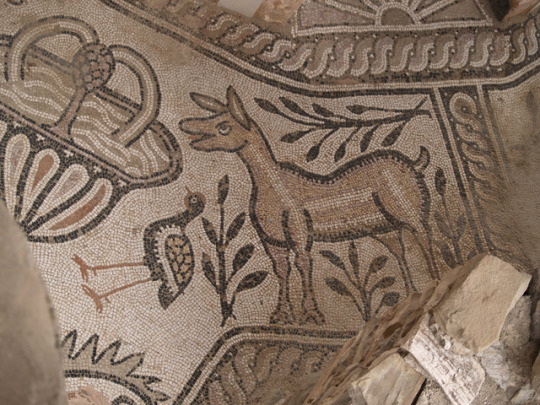
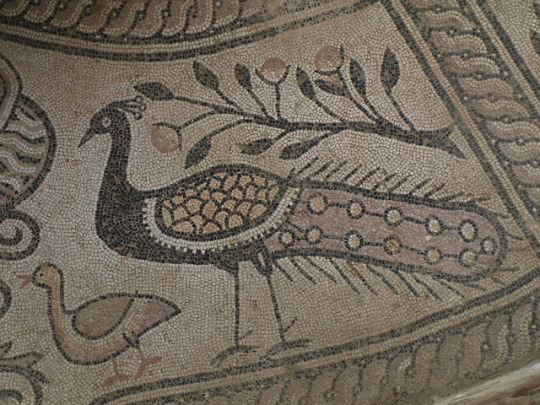
Mosaics from the Episcopal Basilica in Stobi, Macedonia
Byzantine, 5th - 6th century
11K notes
·
View notes
Text
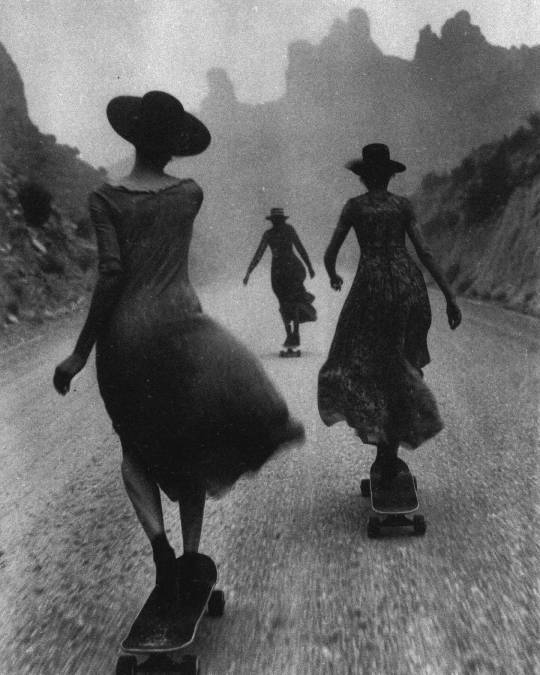
Don't look back, 2023 - by David Galstyan (1986), Armenian
2K notes
·
View notes
Text
And all her poems are ten lines long, link, unlink, decimate. And she won’t finish for any of them. Prose spilling out of edges and splitting seams. Heavy flesh which she can’t pull up or pull out. Crushing little nothings, breathe them, dearest god in heaven I’ll believe in you now if you let me sleep. Divinity, unlink, dissolve. She is tired and thinks about saltwater brooks. Hotboxing acid fog. Stale refrigerated dust. Sticky with bleach down her front. Pinch yourself, small one, let blood.
0 notes
Text
Read, read, read. Read everything -- trash, classics, good and bad, and see how they do it. Just like a carpenter who works as an apprentice and studies the master. Read! You'll absorb it. Then write. If it's good, you'll find out. If it's not, throw it out of the window.
— William Faulkner.
18K notes
·
View notes



